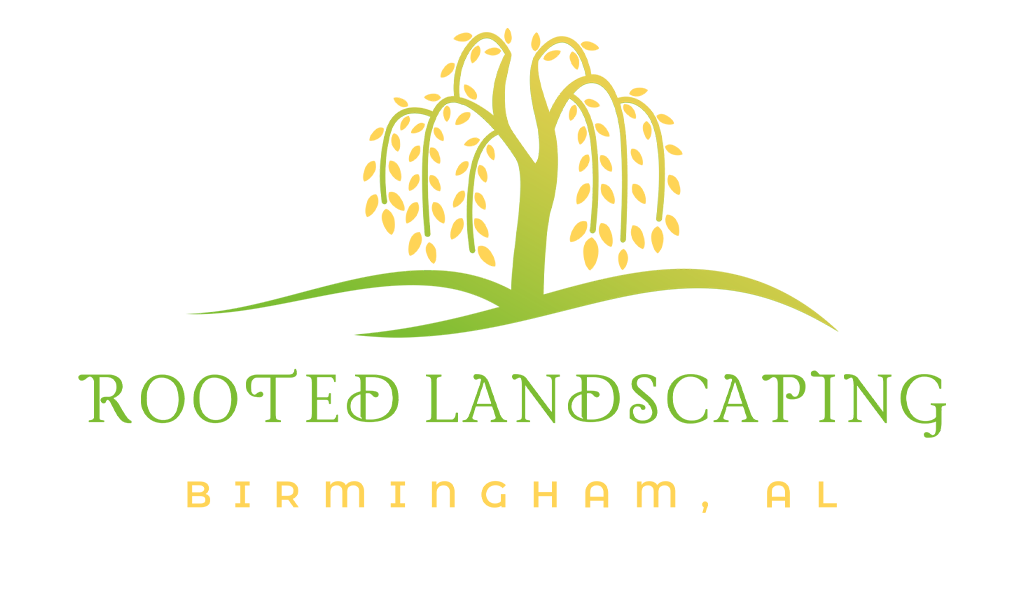Children’s gardens are a wonderful way to introduce young ones to the joys of nature, gardening, and outdoor play. In the quaint town of West Blocton, AL, there is a growing interest in creating a space specifically designed for children to explore and learn about plants, wildlife, and sustainable practices. Planning a children’s garden in West Blocton can be a rewarding and educational experience for both the kids and the community.
When it comes to planning a children’s garden, there are several key factors to consider in order to create a space that is engaging, educational, and fun for children of all ages. Here are some tips for planning a successful children’s garden in West Blocton, AL:
1. Location, Location, Location: The first step in planning a children’s garden is to select a suitable location. Choose a spot that receives plenty of sunlight, has access to water, and is easily accessible to families in the community. Consider the size of the garden and how it will fit into the existing landscape of the area.
2. Design with Children in Mind: When designing the layout of the children’s garden, think about the needs and interests of the kids who will be using the space. Include elements such as raised beds for easy planting, pathways for exploration, and seating areas for resting and observation. Incorporate interactive features like sensory gardens, butterfly habitats, and bird feeders to engage children in learning about the natural world.
3. Educational Opportunities: A children’s garden is a fantastic learning environment where kids can discover the magic of growing plants, the importance of pollinators, and the benefits of composting. Consider incorporating educational signage, hands-on activities, and learning stations throughout the garden to teach children about gardening, sustainability, and the environment.
4. Community Involvement: Get the community involved in planning and maintaining the children’s garden. Organize volunteer days, workshops, and events to bring families together to plant, weed, and harvest the garden. Encourage local schools, youth groups, and organizations to use the garden as an outdoor classroom and a place for hands-on learning.
5. Sustainable Practices: Teach children the importance of sustainable gardening practices by incorporating eco-friendly elements into the garden design. Use native plants, rain barrels, compost bins, and organic gardening methods to create a healthy and thriving ecosystem. Encourage children to take care of the garden by watering, weeding, and harvesting in a responsible and sustainable way.
In conclusion, planning a children’s garden in West Blocton, AL can be a wonderful opportunity to create a space where kids can connect with nature, learn about gardening, and have fun outdoors. By following these tips and incorporating educational, interactive, and sustainable elements into the garden design, you can create a magical and inspiring space for children to explore, play, and grow. Let’s come together as a community to plant the seeds of curiosity and wonder in the hearts of our young ones through the beauty of a children’s garden in West Blocton.


